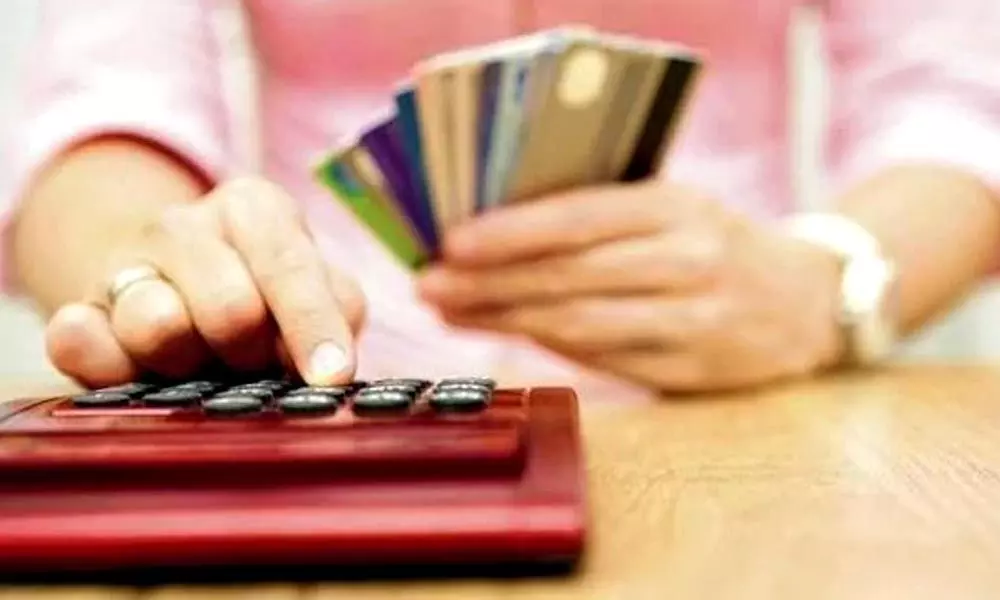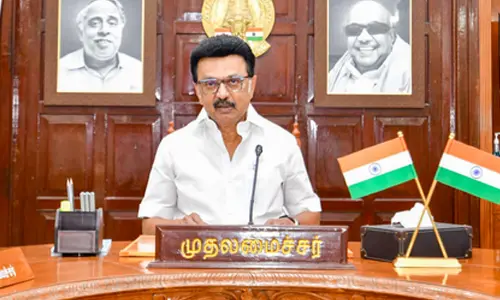Face Criminal Charges If You Fail To Pay Your Credit Card Bill

No debt is too small and if you fail to pay back the debt you could be facing criminal charges.
SBI Cards IPO prospectus data reveals that the company has filed 19,201 cases under Section 138 of the Negotiable Instruments Act and 14,174 cases under Section 25 of the Payment and Settlement Act 2007. A case under Section 138, is typically filed when a cheque gets bounced due to funds insufficiency. When there is a failure in electronic payments due to inadequacy of account balance a case under the Payment and Settlement Act is filed.
The aggregate amounts for these cases were just ₹25.52 crores and 72.6 crores correspondingly. This implies an average case of just ₹13,290 and ₹51,220 in credit card debt under the two acts correspondingly. No debt is too small and if you fail to pay back the debt you could be facing criminal charges.
A footnote to the IPO prospectus details the collection procedure followed by SBI Cards. "SBI Cards may block the customer's account, in the event payment is not received within stipulated payment due date, as communicated through statements and SMS," it says. "The account block, in such cases, may be temporary or permanent depending on delinquency stage, default potential, payment history," the note further adds.
After approximately 6 months, your credit card account is moved to a recovery pool. "Accounts charged off post 191 days from payment due date are classified as recovery pool /post-charge-off bucket," says the note. In such situations, it mentions the battery of legal tools used by the credit card company. As per the footnote the company has resorted to alternate dispute resolution channels like arbitration, conciliation, bilingual legal notice, privilege police complaint and Lok Adalat based on risk profile. It has also used quasi-legal, legal action under Sec 138 of Negotiable Instruments Act. Both the sections mentioned afford for a jail term up to two years and a fine for up to twice the amount dishonored.
If your credit card bill payment cheque bounces a case under the Negotiable Instruments Act is filed. When an electronic transfer (auto-debit) bounces due to insufficient funds a case under the Payment and Settlement Act is filed.
In both circumstances, the credit card company sends you a notice asking you to make the payment within 30 days of the cheque bounced or auto-debit failure. Within 15 days of this notice, if you are unable to make the payment, a case under these sections can be filed.
Also, remember that this kind of credit card default can end up moving you into a blacklist with credit rating agencies like CIBIL. Due to which it will get difficult to get future loans or credit cards even if you pay off your debt later.














